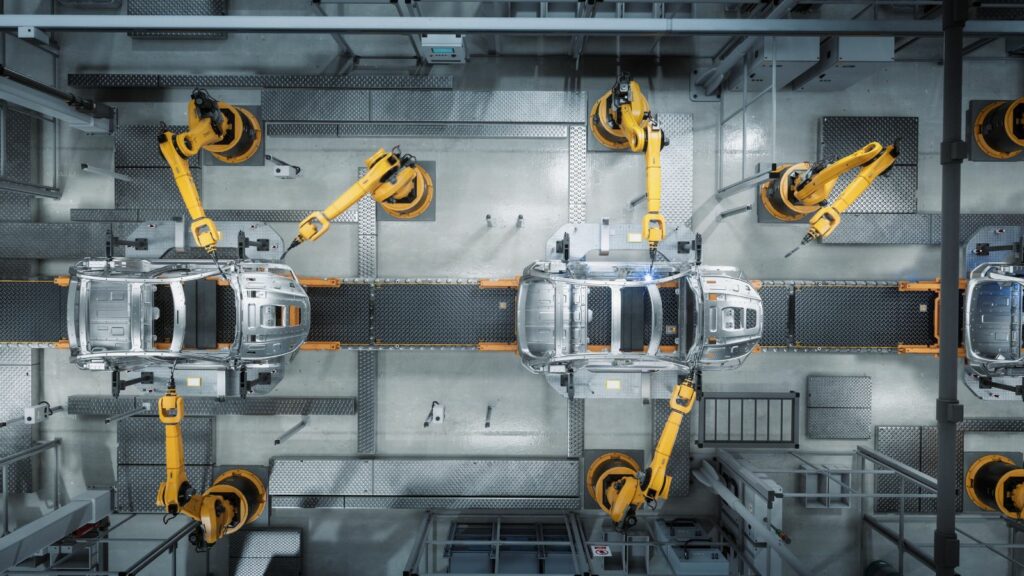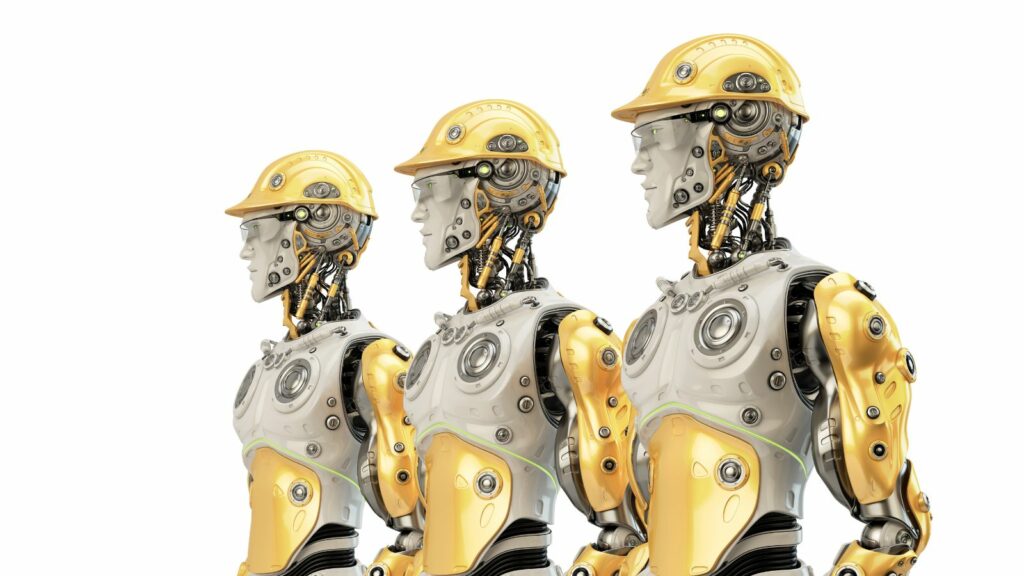The modern workforce is evolving at an unprecedented pace, driven by technological advances and societal changes. While some jobs are being created, others are becoming obsolete due to economic shifts.We take a look at 20 startling reasons why your job may not exist in five years and what you can do to prepare:
Automation and Robotics

Advances in robotics and AI are enabling machines to perform tasks once reserved for humans. Jobs involving repetitive tasks, such as manufacturing assembly line work, are particularly vulnerable as robots become more efficient and cost-effective.
Artificial Intelligence Replacing White-Collar Jobs

AI technologies, like natural language processing and machine learning, are now handling tasks such as data analysis, legal document review and even customer service. White-collar professionals in fields like law, accounting and finance are increasingly at risk of being displaced.
The Rise of Remote Work Technology

As remote work becomes the norm, businesses may no longer need roles dedicated to office management or in-person customer support. Advanced communication tools make it easier to decentralize operations, unfortunately, meaning that some positions become redundant.
Industry Consolidation

Mergers and acquisitions often lead to job redundancies as companies streamline operations. When two businesses combine, overlapping roles are frequently eliminated, particularly in management, HR and administrative functions.
The Gig Economy

Traditional full-time roles are being replaced by gig and freelance work, offering flexibility for workers. By allowing companies to hire temporary workers as and when needed, brands can improve their operational efficiency, reducing the need for a permanent workforce.
Outsourcing and Offshoring

Jobs in industries like customer service, IT support and manufacturing continue to be outsourced to countries with lower labor costs. While outsourcing maximizes a company’s profits it threatens domestic roles, reducing local skillsets long term.
Decline of Traditional Retail

Brick-and-mortar retail stores are shutting down at an alarming rate as e-commerce grows. As more people purchase online, there is less need for in-store employees, which is leaving shopping malls empty and causing jobs like cashiers and sales assistants to become redundant.
3D Printing

3D printing is revolutionizing manufacturing by enabling the on-demand production of unique products. 3D innovation reduces the need for mass production facilities, which is great when it comes to waste and landfill but not great for manufacturing staff who will be laid-off.
Self-Service Technology

Self-checkout kiosks, automated ordering systems and AI-powered customer support are replacing roles like cashiers, restaurant servers and help desk agents. While modern technologies offer convenience for customers and cost savings for businesses, they can lead to job losses in service industries.
AI-Powered Content Creation

Artificial intelligence tools can now generate articles, marketing copy and even music or art. Automated content services do save time and increase output for companies but they do so at the cost of talented artists, writers and creators.
Environmental Regulations Shifting Industries

As governments enforce stricter environmental policies, industries like coal mining and oil extraction face rapid decline. Workers in traditional energy sectors may find their roles eliminated as companies transition to renewable energy in the bid to meet climate change targets.
Technological Literacy Gaps

Employees unable to adapt to rapidly changing technologies may find their jobs at risk. Roles requiring outdated skills or methods are being replaced by those who can leverage modern tools effectively.
Digital Disruption in Banking

Traditional banking roles, such as tellers and loan officers, are declining as online banking and fintech solutions dominate. Customers now manage accounts, apply for loans and conduct transactions without needing in-person assistance.
Autonomous Vehicles

While still in the development stage, self-driving technology threatens jobs in transportation, including truck drivers, taxi operators and delivery personnel. As autonomous vehicles become mainstream, fewer human drivers will be needed for a number of industries using cars.
Decline of Print Media

Journalists, editors and printing staff face challenges as print media continues to wane due to the rise in digital media. Online platforms dominate news consumption, reducing the demand for traditional publishing roles in newspapers and magazines.
Blockchain and Decentralized Finance

The rise of blockchain technology and decentralized finance (DeFi) threatens traditional financial roles. Blockchain streamlines procedures by doing away with middlemen like brokers and agents, but it also reduces employment prospects in these industries.
Al in Healthcare

AI advancements in diagnostics, treatment planning, and patient monitoring are reshaping healthcare. Roles like medical coders and administrative staff may diminish as AI systems handle these tasks more efficiently.
Shifts in Energy Production

Jobs tied to fossil fuels are at risk as renewable energy sources, such as solar and wind, grow. Workers in traditional energy sectors may need to retrain for roles in the green energy economy or change industry altogether.
Changing Consumer Preferences

Consumer shifts towards sustainability, minimalism and digital services are forcing companies to adapt. Industries reliant on selling products or wasteful practices, such as fast-fashion, may be forced to reduce production, therefore impacting jobs across the supply chain.
Economic Uncertainty and Recession

Economic downturns often lead to widespread job cuts, with businesses prioritizing automation and efficiency. Roles deemed non-essential or easily automated are often the first to go during financial crises.
20 Reasons Why Wealthy Investors Are Looking At The Caribbean

The Caribbean has long been known for its stunning landscapes and vibrant culture, but in recent years, it has also become an attractive destination for wealthy investors. The region offers numerous financial, economic, and lifestyle advantages that appeal to high-net-worth individuals seeking opportunities. Here are 20 reasons why the Caribbean has captured the attention of the global investment community.
20 Reasons Why Wealthy Investors Are Looking At The Caribbean
